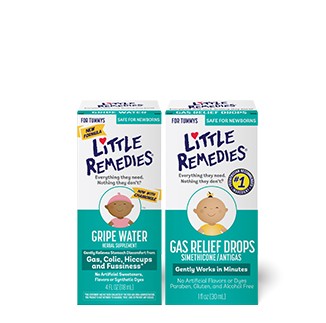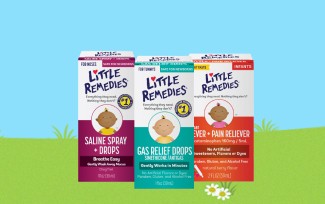
Introducing your baby to “solid” food is an exciting stage in their growth and development, but it can also introduce new stress to your daily routine if your baby has food allergies.
Food allergies are kind of sneaky sometimes, because the symptoms can be subtle and not what you’d expect. Babies don’t always just spit-up and fuss. We had one doctor that told us my son’s eczema was related to diet, which is why ointments and creams weren’t helping.
So how do you figure it out? One rule of thumb is to introduce your baby to foods gradually and one at a time. Sure, it doesn’t sound very exciting, but it does make life easier if your baby happens to have these issues.
I’m oversimplifying here, but let’s say you introduce her to bananas and she loves them - which most babies do! – and she seems fine for about five days. Then you can add another food like green beans (baby food). If she spits up a lot or has discomfort, then it’s likely those issues are stemming from the green beans, not the bananas. You can keep feeding her bananas because you know that food is safe and eliminate the green beans.
Obviously certain foods can cause much more serious reactions than an upset tummy and spitting up. Milk (cow’s milk), eggs, peanuts, tree nuts (walnuts & almonds), fish, shellfish, soy and wheat are the most common foods that trigger reactions. Mild reactions can include hives and rashes. You should contact your pediatrician if your baby has mild issues (and definitely for more severe reactions!)
Sometimes you can reintroduce the food at a later date and those symptoms will be gone due to your baby’s digestive development. Other times symptoms persists into childhood. Either way, at least you have a pretty clear idea of the foods in question, which makes life easier for everyone.
Gas bubbles? If your baby is struggling with gas during her transition to solid foods, try Little Remedies Gas Relief Drops. They provide immediate relief and make mealtime (and post-mealtime!) much happier for you both.









